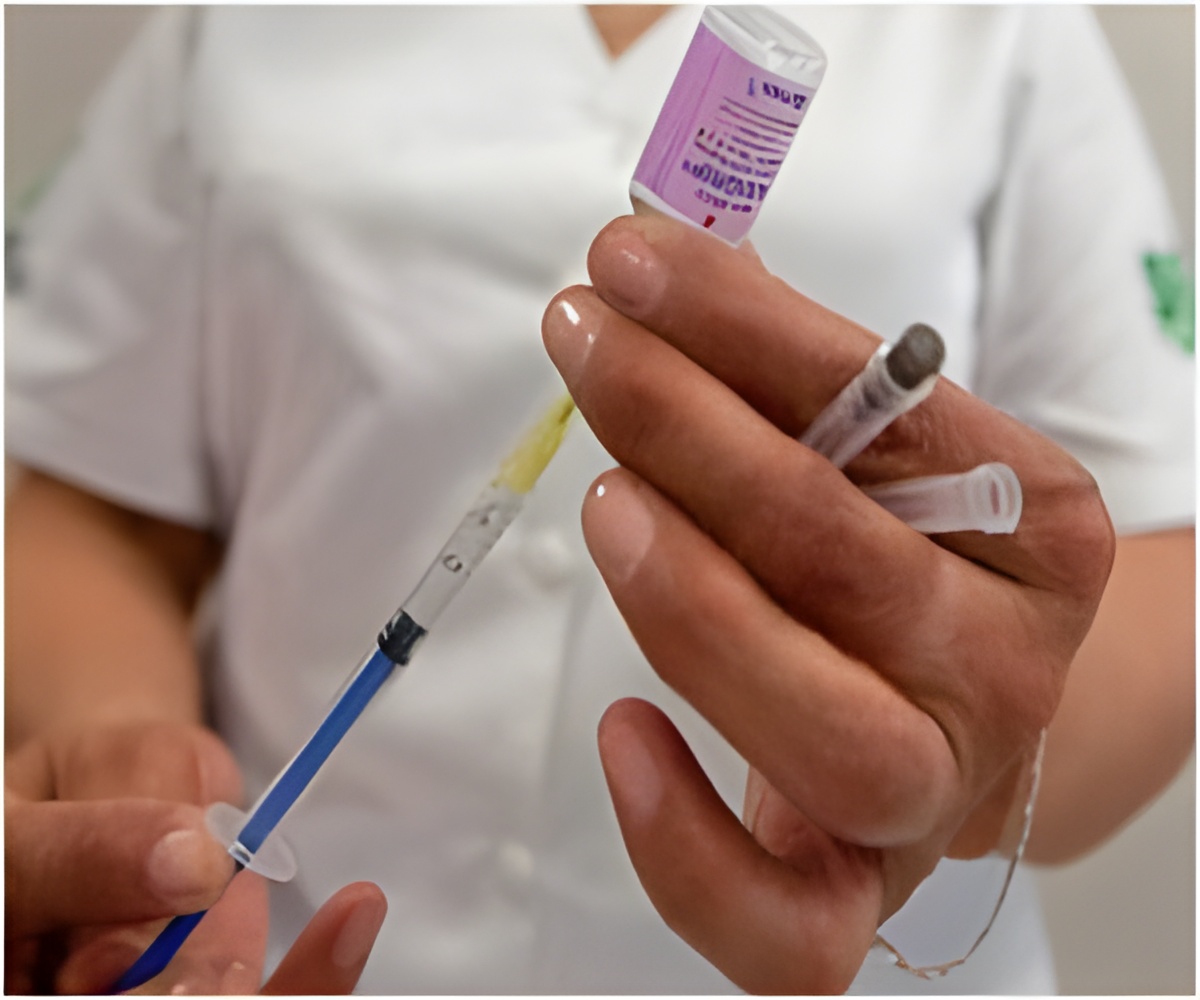In the six-week period after vaccination with any vaccine, including influenza, patients are not at increased risk of Guillain-Barré syndrome.

The retrospective study by researchers at the Kaiser Permanente Vaccine Study Center spanned 13 years and was controlled for seasonality.
"If there is a risk of Guillain-Barré syndrome following any vaccine, including influenza vaccines, it is extremely low," said Roger Baxter, MD, co-director of the Kaiser Permanente Vaccine Study Center.
During the 13-year period (1994-2006), 415 confirmed cases of Guillain-Barré syndrome were observed. Within this group, the researchers found only 25 patients had received any vaccine in the six weeks prior to the onset of the disease. The study also found that 277 patients had a respiratory or gastrointestinal illness in the 90 days preceding the onset.
Guillain-Barré syndrome is an acute disease thought to be an autoimmune disorder resulting in destruction of a nerve's myelin sheath and peripheral nerves. In many cases, the syndrome is temporally associated with an infectious disease; most published case series report that approximately two-thirds of all cases are preceded within three months by a gastrointestinal or respiratory infection. Guillain-Barré syndrome had been linked to the influenza vaccine in a 1976 study, but not clearly since. There have been reports of an association with other vaccines, which have not been confirmed.
Previous studies of Guillain-Barré syndrome as a possible adverse event related to vaccines have been subject to confounding by differences between vaccinated and unvaccinated individuals which may be unmeasured, said Dr. Baxter, who led the team that conducted this new research.
Advertisement
The case-centered study design used to conduct this research focuses on the outcome, then looks back to determine vaccination status. This method can control for many of the variables that change over time and, consequently, lead to a more accurate assessment of Guillain-Barré syndrome risk or recurrence following vaccination.
Advertisement









